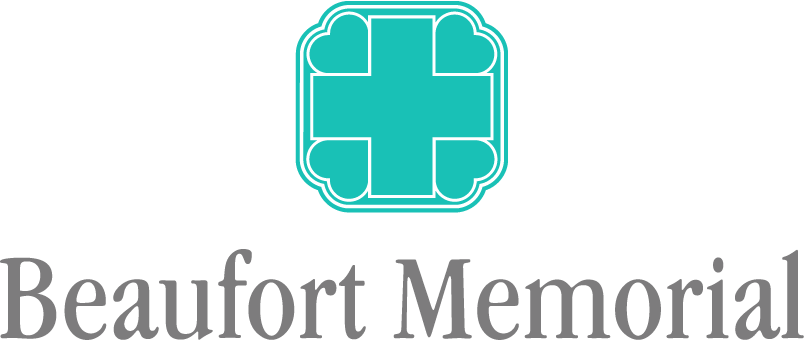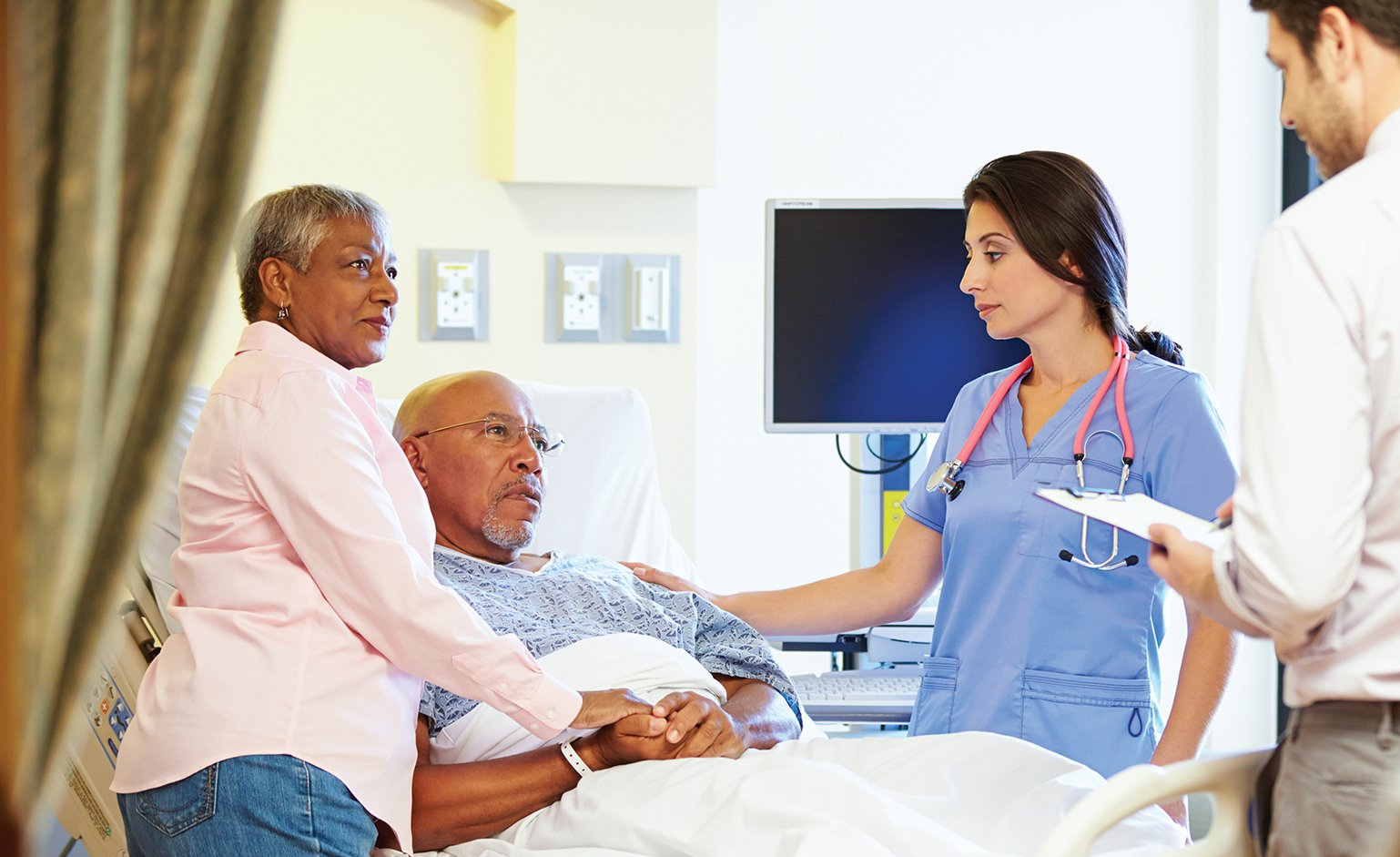
Patient Guide to Medicare Outpatient Observation

What is outpatient observation?
Observation is a special outpatient service at a hospital that allows your doctor to watch your condition for changes. Your doctor must decide if your condition could get worse after you leave the hospital. This extra time will help your doctor and nurses decide if your condition could change enough for you to stay at the hospital as an inpatient. If the doctor hasn’t written an order to admit you as an inpatient, you can be an outpatient and receive Emergency Department services, transfer to the Observation Unit, receive medications, lab tests and/or X-rays, and even spend the night at the hospital.
What kind of illness would require outpatient observation services?
Some problems you could have are nausea, vomiting, stomach pain, headache, fever and some types of chest pain. Patients usually get well in short amounts of time, such as 24 to 48 hours, for these problems. Your doctor may need you to stay because of concern for your health.
Your doctor also could want to place you in outpatient observation because of problems after your outpatient operation, such as pain or bleeding or because you have not been able to use the bathroom.
What happens at the end of the short time period of 24 to 48 hours?
Your doctor and nurses will carefully watch your condition and will decide if you are sick enough for admission as an inpatient or well enough to go home. Your care may continue with visits to your doctor’s office if you go home.
What if I live alone and just want to stay at the hospital after my emergency room visit or outpatient surgery?
Medicare will not pay for the hospital care if you want to stay because of your home life or because you do not have a ride home from the hospital. Medicare requires that your doctor make the decision based only on your illness or a health problem.
How much money will I owe?
Medicare pays for observation as an outpatient service. This means your Part B annual deductible could be due, and you could owe coinsurance for the outpatient services you receive. You will receive separate bills from your doctor and the hospital. You also will be billed for any drugs that you can give yourself, such as pain pills or high blood pressure medicine, while in outpatient observation. Medicare considers these drugs as self-administrable and does not pay for them when you are an outpatient at the hospital.
What is the difference in the quality of services I will receive in outpatient observation?
None. You will receive the same care by your doctor, nurses and other hospital staff, and receive the same high-quality attention as any patient at the hospital.
Questions?
If you have any questions about this information, please ask to speak to a care coordinator when you reach the floor.
The AudioEye Trusted Certification represents a commitment to accessibility and digital inclusion.
Patient Guide Solutions, LLC
All Rights Reserved